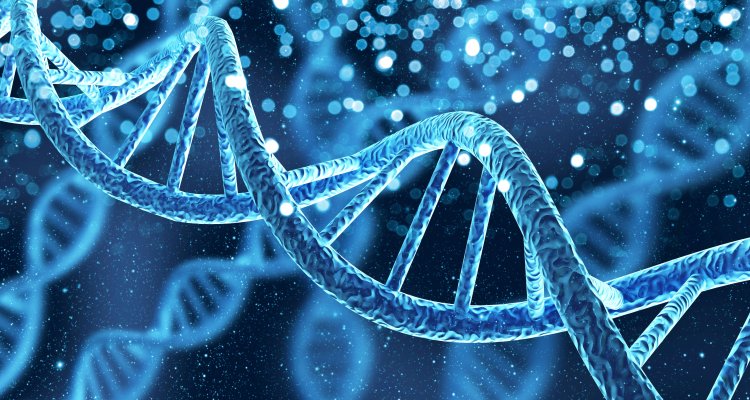
Project
Monitoring van MRSA bij landbouwhuisdieren
MRSA remain relevant for LNV and VWS because of its frequent occurrence in humans and animals, despite the decrease in antibiotic use and new variants of livestock-related (LA)MRSA that occur in humans. Variants of LA-MRSA with human genes encoding immune evasion are described, which could play a role in inter-human spread.
Around 2008, a large research program into this MRSA variant was carried out on behalf of LNV (and VWS). One of the clear recommendations was that there should be continuous surveillance of the genetics dynamics of MRSA in animals. After all, if this variant does incorporate additional resistance and virulence genes, the impact for humans could increase.
Variants of LA-MRSA have been described that indicate a further evolution of this organism that may stimulate its occurrence in humans. The main goal of the project is to perform quantitative and molecular analysis of MRSA from dust samples taken on pig, veal and broiler farms. The project aims to conduct studies on the occurrence and genetic characteristics of MRSA in farm animals. Collaboration with the NVWA must take place for sampling. Collaboration with RIVM is necessary for molecular typing and comparison with human MRSA.
In the period 2018-2019, no MRSA was found in dust samples collected from approximately two hundred broiler farms. In the period 2019-2020, a total of 148 pig farms were examined for MRSA. LA-MRSA was detected in the collected dust samples in 76.4% of the pig farms (=113).
All LA-MRSA isolates (MRSA CC398) possess the mecA gene, which encodes methicillin resistance. The animal isolates are spread across the spanning tree with human surveillance isolates. Sometimes there is a match (less than 15 genes) with a human isolate, but in general the animal isolates differ more than 15 genes from human isolates. There are no separate animal clusters, which makes it plausible that at some point exchange did take place between animals and humans.
The multi-resistance gene cfr-gene was detected for the first time in two MRSA isolates revovered from two dust samples from one pig farm (out of 148 farms) collected in 2019. In addition, the cfr gene was found in 5 of 1200 livestock-related human MRSA isolates. The human CFR-positive cattle-related MRSA was isolated in 2018, 2019 and 2020. This is the first time that this multi-resistance gene has been found in Staphylococcus aureus in the Netherlands. The cfr gene codes for resistance to 5 different classes of antibiotics: the so-called PhLOPSA phenotype. This concerns resistance to phenicols (chloramphenicol and florfenicol), lincosamides (lincomycin and clindamycin), oxazolidones (linezolid), pleuromutilins and streptogramin A. To be phenotypically resistant to the 5 classes of antibiotics. The 6 cfr-positive MRSA isolates appear to be genetically unrelated. These findings show the importance to combine and compare data obtained from MRSA surveillance in humans, animals and food from a One Health perspective.